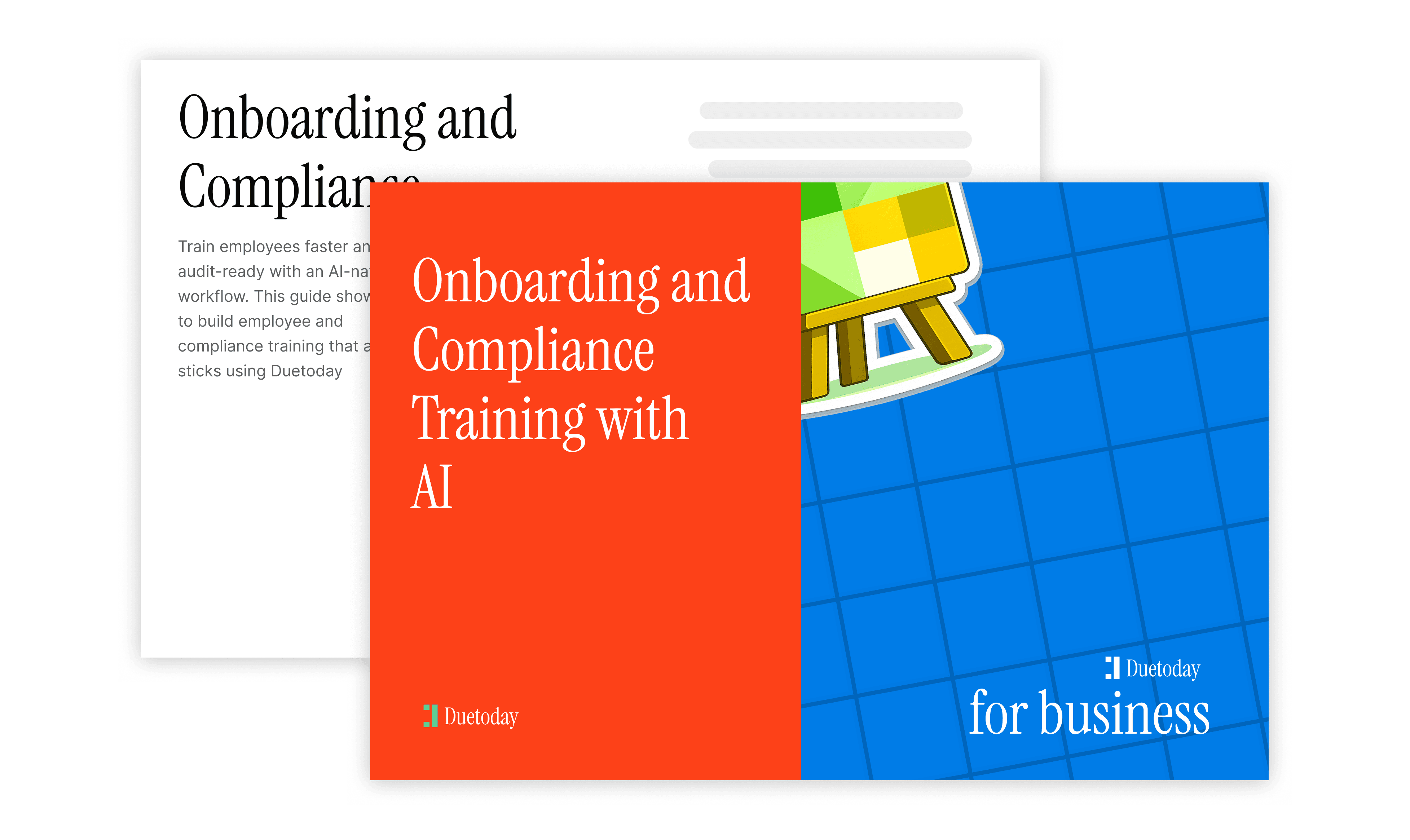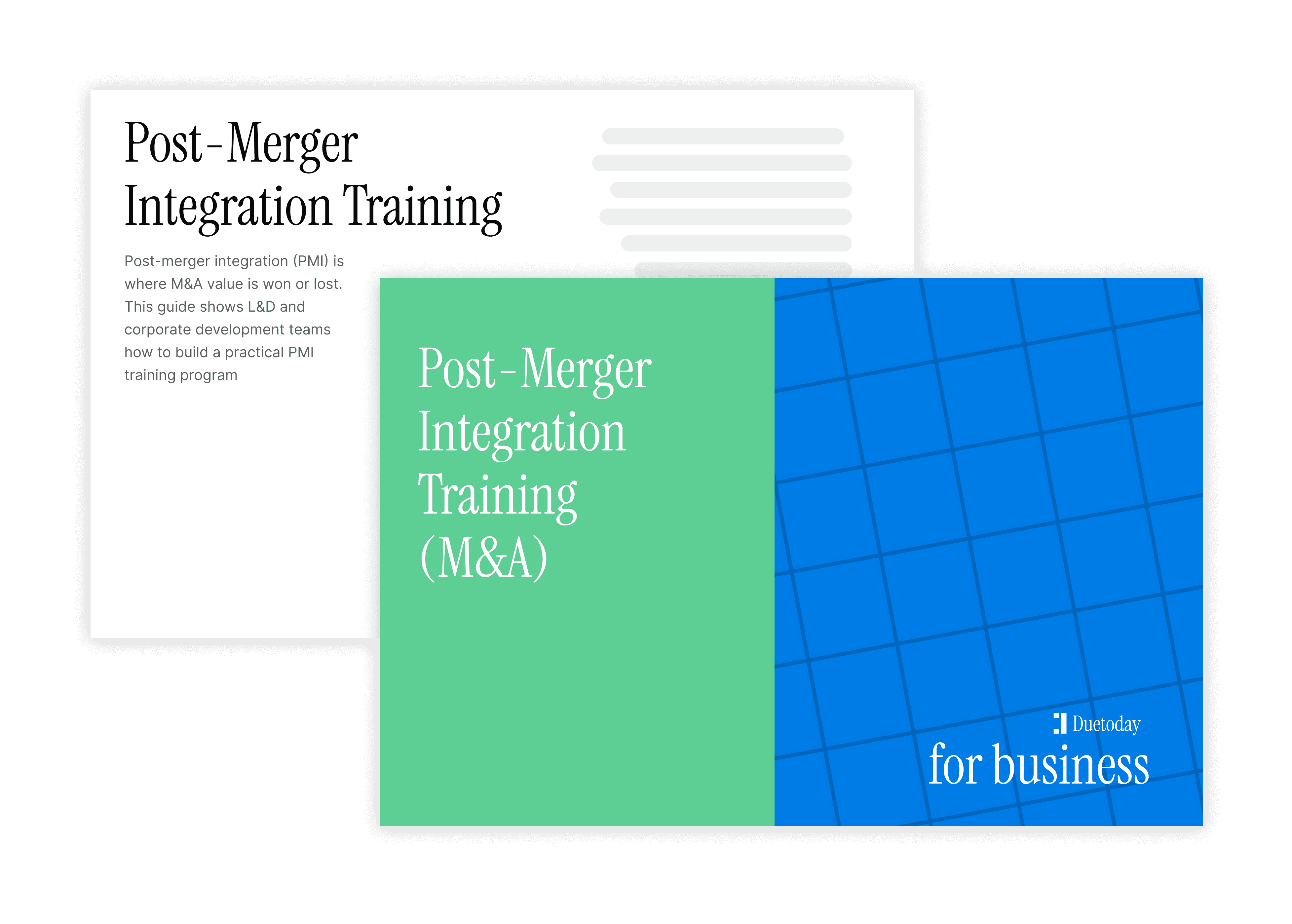
AI in Education (Full Guide)
AI
Nov 21, 2025

Artificial intelligence has quietly become one of the most powerful forces reshaping education today. What used to be a world of textbooks, heavy notes, and rushed lectures has turned into a learning environment powered by instant feedback, personalized study journeys, and digital tools that work around students instead of the other way around. AI is no longer an abstract concept—it is the backbone of how students study, revise, take notes, write assignments, and prepare for exams.
Across universities, colleges, institutes and online programs, AI is touching almost every part of the academic experience. From lecture transcription to on-demand tutoring, from course creation to memory-based learning paths, students today learn faster, retain more, and adapt better because of AI systems that understand their needs.
This guide breaks down how AI is transforming education—with research-backed insights, real student use-cases, and a clear understanding of why AI is becoming essential. Throughout the article, you’ll see where Duetoday, an AI notepad designed specifically for students, fits into this new learning landscape.
AI Is Redefining Note-Taking and Lecture Capture
Students have always struggled with keeping up during lectures. Research from the University of Nebraska shows that students typically retain less than 30% of spoken lecture content when forced to write manually and listen simultaneously. Cognitive load spikes, distraction increases, and students end up reviewing incomplete notes later.
AI changes this entirely.
With modern transcription engines, students can record live lectures, automatically convert them into structured text, and even generate summaries—allowing them to focus fully on understanding instead of frantically typing. In long courses where professors speak fast or jump between concepts, AI bridges the gap between listening and remembering.
Duetoday plays a huge role here, acting as a full AI notepad that records lectures, transcribes them into clean text, and turns them into helpful study materials. Instead of losing key moments or missing examples written on the board, students walk away with organized notes, clean summaries, and even study guides created automatically from those lectures.
This shift in note-taking is one of the clearest examples of how AI is removing unnecessary friction from learning.
Personalized Learning Paths Are Becoming the New Normal
Every student learns differently. Some are visual learners, others respond better to practice questions, while many need repetition to fully digest complex concepts. Traditional classrooms rarely adapt to individual students because instructors simply don’t have the time or resources.
AI resolves this through personalization.
Research published in Science Advances confirms that students using personalized learning systems see measurable improvements in understanding and retention, with adaptive pathways outperforming static methods significantly. AI can observe what a student struggles with, what concepts they revisit often, and where their weaknesses lie—and generate study materials tailored to those patterns.
For everyday university students, this looks like:
automatically generated flashcards that match their weak areas
quizzes that adapt to their mastery level
summaries rewritten in simpler language
concept explanations tailored to learning style
This is why tools like Duetoday have gained rapid adoption—because students want to study in a way that matches their personal brain, not the average student profile.
AI Makes Revision Faster and More Effective
A major pain point for students is revising large volumes of content before exams. Cramming doesn’t work; cognitive science research shows that spacing, repetition, and practice testing significantly outperform rereading.
AI improves revision in several key ways:
converting long notes into bite-sized summaries
generating instant quizzes to test memory
creating flashcards automatically from dense PDFs or lecture notes
transforming YouTube videos into study guides
identifying important topics across a semester’s worth of content
Duetoday puts all these revision tools in one single workflow. Students can upload a PDF, lecture, or set of notes, and the AI instantly turns the content into flashcards, quizzes, or even a structured study guide. This saves hours of manual rewriting and ensures that students revise using active recall instead of passive reading.
The result is longer retention, faster comprehension, and significantly higher exam performance.
AI Tutors Are Becoming the Classroom Companion Students Have Always Wanted
With universities growing larger, class sizes expanding, and professors having limited availability, students often hesitate to ask questions—especially outside office hours. AI now fills this gap by acting as an always-available study companion.
AI tutoring systems allow students to:
ask unlimited questions
break down complex theories
get explanations in simpler language
request examples, analogies, and visual breakdowns
review assignments or clarify misunderstood concepts
Duetoday includes a built-in AI that lets students “chat” with their own lectures. Instead of searching the internet or explaining context from zero, students can upload their lecture and then ask questions directly about that material. This makes studying more interactive and removes the embarrassment or hesitation many students feel in traditional settings.
How AI Supports University-Level Research and Academic Writing
Research-heavy courses rely on literature reviews, long reports, citations, and conceptual synthesis. AI tools now streamline the process by:
helping students summarize research papers
identifying key theories and arguments
improving writing clarity and coherence
generating outline structures based on thesis statements
offering revision suggestions
While AI should never replace critical thinking, it acts as a powerful assistant that reduces time spent on mechanical tasks—letting students focus on analysis, interpretation, and creativity.
For business schools, engineering programs, or postgraduate coursework, this efficiency unlocks better academic outcomes without sacrificing intellectual depth.
Streamlining Group Projects and Collaboration Through AI
Universities increasingly rely on group work to develop communication and teamwork skills. Yet group projects often involve misaligned schedules, messy note-sharing, and inconsistent levels of contribution.
AI is now being used to:
summarize group meeting notes
assign tasks and deadlines
align project goals
rewrite messy brainstorming into clean deliverables
automatically capture meeting recordings
When combined with an AI notetaker like Duetoday, groups can record discussions, turn them into clear action points, and ensure that every team member has the same understanding, regardless of attendance.
The Role of AI in Business and University B2B Environments
While most AI tools focus on students, universities and educational businesses are also using AI to reduce admin workload, assist instructors, and improve operational efficiency. Examples include:
AI-powered plagiarism detection
automated attendance systems
course creation assistance
student performance analytics
content accessibility (captions, transcripts, translations)
Institutions are using AI for large-scale operations where manual processes are too time-consuming. Automated course creation tools, for example, can convert textbooks, PDFs, or lecture recordings into structured modules that instructors can refine instead of building from scratch.
Even though Duetoday focuses primarily on students, its transcription and content-structuring workflows align with many of these institutional-level needs—especially for universities wanting AI-powered lecture capture or learning content generation.
The Student Experience with AI: A New Era of Smart Study Habits
AI creates better study flows by eliminating repetitive tasks and enhancing comprehension. Instead of drowning in information, students get structure. Instead of guessing what to focus on for exams, AI shows them exactly what matters. Instead of manually making flashcards, summaries, or quizzes, AI generates them instantly.
When used correctly, AI does not replace learning—it amplifies it.
Students adopt more consistent habits because the friction disappears. Studying becomes less about stress and more about clarity. This is why adoption of AI study tools is surging across campuses globally.
About Duetoday
Duetoday AI stands out as one of the most complete study companions available to university students today. It works like an AI-powered notepad that records and transcribes lectures, instantly turns notes into summaries, generates perfect study guides, creates flashcards and quizzes, and even builds mini-courses from your materials.
Whether you upload a PDF, a lecture recording, or a YouTube link, Duetoday restructures everything into interactive learning formats that students actually use. It also includes an AI tutor that lets you chat directly with your lecture content—helping you understand any topic, revise quickly, and prepare for exams in a smarter, more organized way. Students can try it free and experience a completely new study workflow designed for better grades and less stress.
The Future of Education: AI as the Standard, Not the Optional Tool
Five years ago, students studied manually. Today, they study with AI. In five more years, universities may fully integrate AI as a required part of their academic system. The shift is happening faster than expected, driven by:
demand for personalized learning
increased volume of digital content
students’ need for efficiency
rising expectations around accessibility
the desire for better outcomes with less burnout
With AI becoming mainstream, students who adopt it early gain a significant academic advantage. Those who ignore it may find themselves studying slower, less efficiently, and with more stress.
AI is not just a tool—it is becoming an essential layer of modern education.
Frequently Asked Questions
Does AI really help students learn better?
Yes. Research strongly supports that AI-based personalization, spaced repetition, and active recall improve retention and comprehension.
Is using AI for studying considered cheating?
Using AI for notes, quizzes, summaries, or explanations is not cheating. Cheating involves passing AI-generated answers as your own in graded assignments. When used correctly, AI is simply a study assistant.
Can AI replace traditional studying?
AI enhances studying but doesn’t replace critical thinking. Students still need to understand concepts, analyze, and apply knowledge.
Is Duetoday suitable for all university majors?
Yes. Whether you study engineering, business, medicine, psychology, or humanities, Duetoday can convert any lecture or material into structured learning content.
Will AI replace teachers?
No. AI supports teachers by reducing workload, improving content delivery, and helping students individually—but it cannot replace mentorship, creativity, or human connection.

Take A Look At Our Latest Blogs & Update!
GET STARTED Free
Your All-In-One
AI Study Companion
Start using Duetoday and save 8 hours per week.











